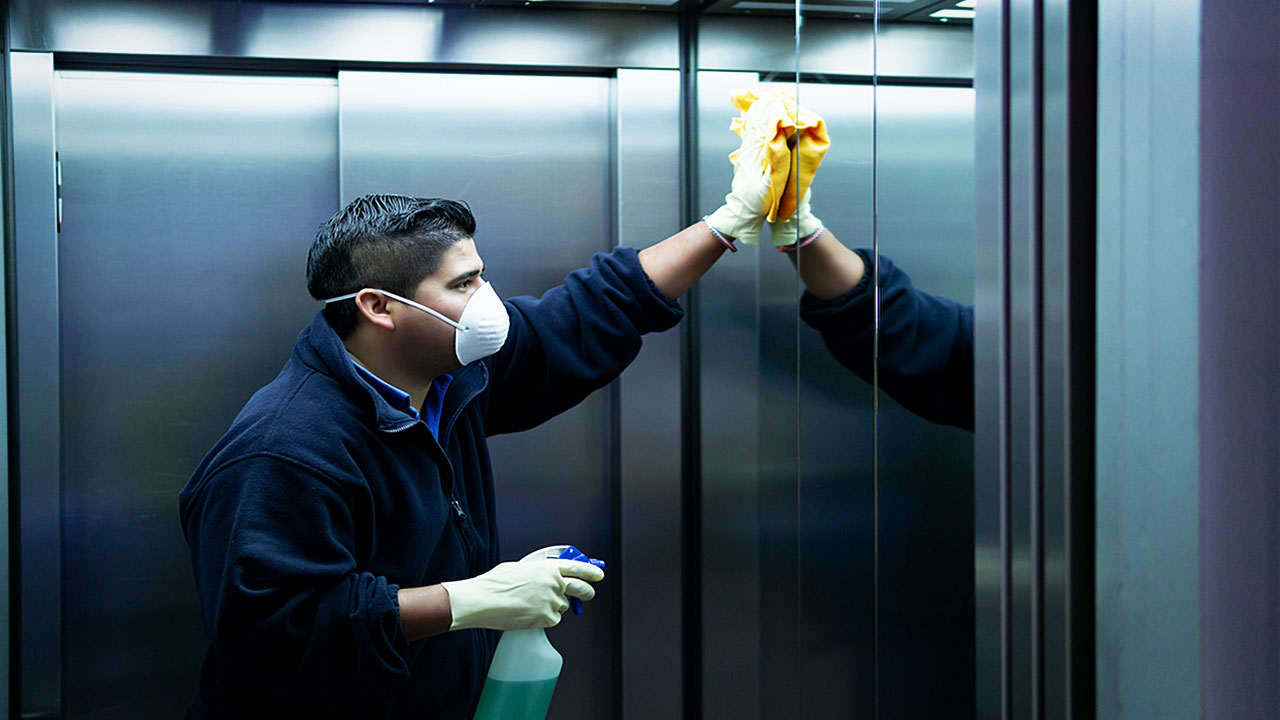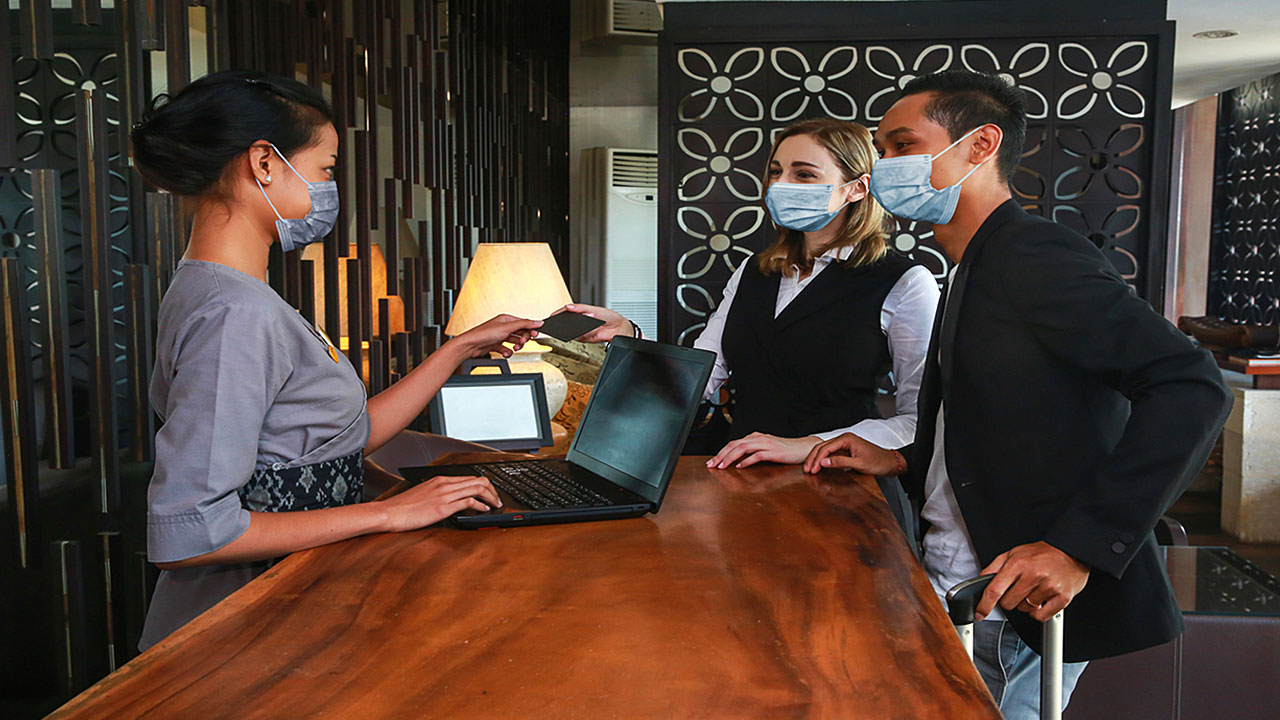All around the world, the hospitality sector has been severely impacted by the COVID-19 pandemic. Not only has the crisis placed restrictions on the way that we travel, but it has also led to the cancellation of countless events and conferences typically hosted by institutions within the hospitality sector. With the end of lockdown insight for Canadians as vaccine rollouts begin, businesses within the hospitality industry must grapple with an economic downturn and changing patterns of consumer behaviour.
Going forward, the hospitality sector will need to adapt to meet different demands and comply with COVID-19 protocols, developing new methods of attracting customers and doing business.
If you’re entering a career in hospitality, here’s a look at the impact of COVID-19 on the hospitality sector, as well as the transformation within the industry that the future will bring.
Here’s How COVID-19 Has Impacted the Hospitality Sector
The COVID-19 pandemic has greatly impacted the hospitality sector’s ability to function at its former capacity. Both social distancing requirements and travel restrictions have impacted the number of customers frequenting hospitality industries. Customers are more concerned about their safety and are generally less inclined or unable to travel. According to Deloitte’s State of the Customer Tracker, Canadian consumers are expecting to spend 45% less on travel in the future, meaning that consumers are more likely to stay closer to home in the near future. The tourism sector itself is expected to take anywhere from two to three years to return to what it was prior to the pandemic.
While the effects of the COVID-19 pandemic on the hospitality sector have been drastic, there are many ways that businesses within the industry can adapt, many of which businesses have already started to implement. The hospitality sector will need to make efforts to address the safety concerns of customers by implementing standard cleaning and distancing protocols.
Businesses within the hospitality sector can also take advantage of technology to change the way that they operate and interact with customers. If you’re entering a hospitality career, here are some measures of reorganization within the hospitality sector that you can expect to see as businesses navigate the COVID-19 crisis.

The hospitality sector will need to increase cleaning protocols to keep employees and customers safe
The Hospitality Sector Must Focus on Building Trust and Engagement
With the disruption that the COVID-19 pandemic has created in the lives of so many Canadians, it’s no surprise that for many, the luxury of travel isn’t a top priority. Businesses within the hospitality sector must therefore make an active effort to engage customers and build trust, illustrating that they are addressing their concerns. This involves communicating what steps are being taken to keep both employees and customers safe, and demonstrating a commitment to follow COVID-19 protocols. A business’s commitment to safety will need to be highlighted on its website, signage, social media channels, and through in-person conversation.
In addition to safety, businesses within the hospitality sector will need to make a larger effort to attract customers in order to return to an acceptable level of business. Incentives such as discounts, loyalty programs, bonus offers, and flexible cancellation policies will all go a long way in regaining the trust of customers and encouraging Canadians to think about travelling again.
The Customer Experience Will Be Redefined
Upon graduating from a hospitality program, it’s likely that you will see changes not only in the methods of outreach and engagement conducted by businesses but also in the customer experience itself. Organizations must prioritize making their spaces as clean as possible, while also taking measures to make adhering to cleaning and distancing requirements both pleasant and free of anxiety. In order to adapt, businesses must work to develop a clear and streamlined social distancing policy that is simple for customers to understand and follow.
Within the hospitality sector, businesses will also need to make an effort to show customers that additional cleaning and sanitation protocols are in place. This might mean putting up additional signage which informs customers that a room or a table has been cleaned directly before their arrival, or installing plexiglass screens in public areas for additional protection. Customers should know that safety and cleanliness are an organization’s top priority.
Technology Will Be Utilized in New Ways
Advancements in technology can go a long way in helping businesses within the hospitality sector to adapt to changes brought on by the COIVD-19 pandemic. Technology can be used to track safety measures, implement cleaning schedules, and obtain data about the effectiveness of customer outreach methods. Additionally, smartphone apps can help businesses to screen customers before they arrive, increasing accountability by asking customers a series of questions to determine whether they are experiencing symptoms.
While the COVID-19 pandemic won’t last forever, it’s likely that the hospitality industry will be affected for a few years to come. After finishing your hospitality management courses, it’s important to be prepared for changes like these within the hospitality sector in order to meet the changing needs and demands dictated by the post-pandemic economy.
Start exploring hospitality management programs at AOLCC Alberta today.






